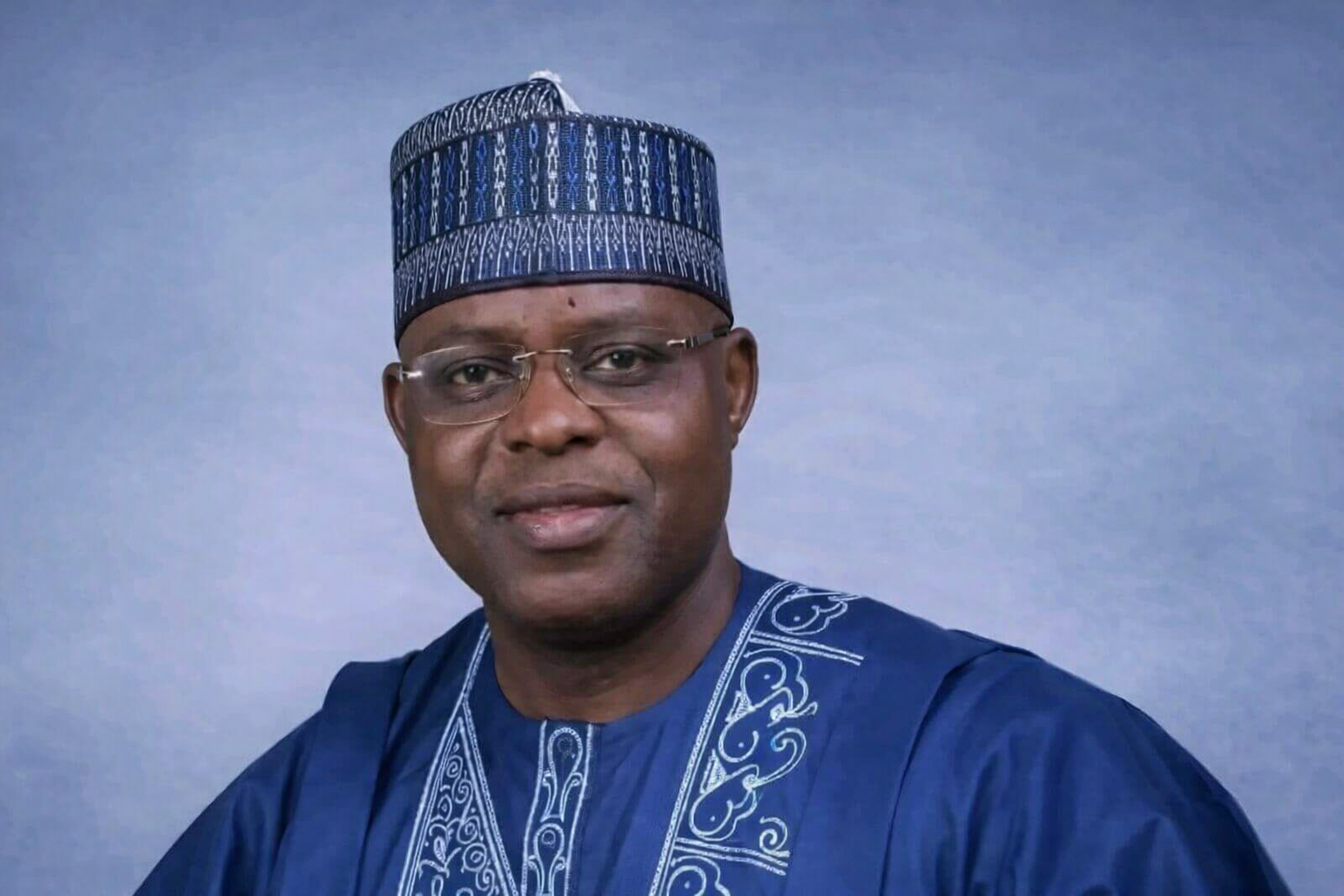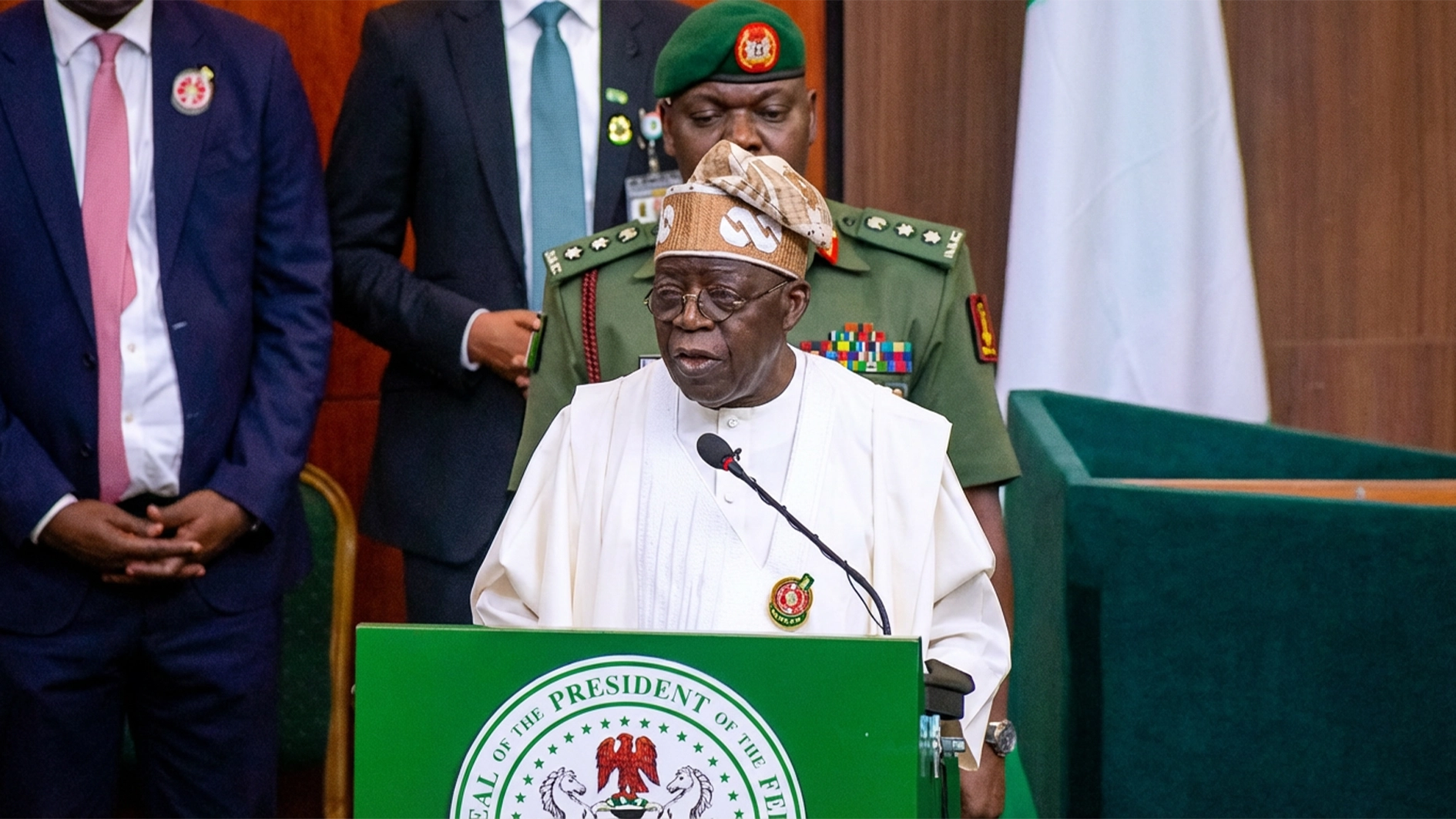The Senate has called for stricter compliance and greater transparency in Nigeria’s public procurement processes, stressing that every naira spent must translate into measurable development outcomes.
Senator Olajide Ipinsagba (Ondo North), Chairman of the Senate Committee on Public Procurement, made the call during a two-day retreat organised by LeadBold Resource Consulting at Fraser Suites, Abuja. He described public procurement as “not merely a technical exercise but the mechanism through which government policies are converted into tangible services, infrastructure, and national development.”
While acknowledging the progress brought by the 2007 Public Procurement Act and the establishment of the Bureau of Public Procurement (BPP), Ipinsagba emphasised that more reforms are needed to strengthen integrity, efficiency, and accountability across the system.
“Public procurement is a continuous process of evolution, adaptation, and learning. The Committee remains committed to oversight, policy advocacy, and reforms to make Nigeria’s procurement practices a model of transparency—not just in Africa but globally,” he said.
Ipinsagba urged the adoption of international best practices and innovation to ensure public spending translates into improved schools, safer roads, better healthcare, and a more prosperous nation, aligning with President Bola Tinubu’s Renewed Hope Agenda.
Barrister Kelechi Kingsley, CEO of LeadBold Resource Consulting, explained that the retreat aimed to enhance the Committee’s leadership capacity by exposing members to global regulations, best practices, and frameworks that strengthen institutional integrity and guarantee value for money in public expenditure.
In other news, after mooting a significant shift in Nigeria’s electoral calendar to reduce post-election disputes by conducting the next presidential and governorship elections in November 2026, six months before the incumbent’s tenure, the Senate was silent yesterday on the draft proposal when it passed for second reading the bill seeking to repeal the Electoral Act 2022 and enact a new Electoral Bill 2025.
The proposed Electoral Act 2025 introduces reforms aimed at strengthening Nigeria’s electoral governance, enhancing the independence of INEC, and promoting greater transparency and accountability across political and electoral processes.
The new provisions address key areas, including funding, candidate qualifications, voter registration, political party operations, campaign financing, and electoral offences.
Some major amendments include Section 3(3), which mandates the early release of INEC funds to ensure the timely preparation and execution of electoral activities.
Section 5 requires INEC to submit audited financial statements within six months after the end of each financial year; Section 10(2)(c): adds the National Identification Number (NIN) as part of the requirements for voter registration; Sections 12(1)(d) and 12(2) seek to recognise the voting rights of inmates, provided that the INEC makes the necessary arrangements for their registration and participation in elections.






